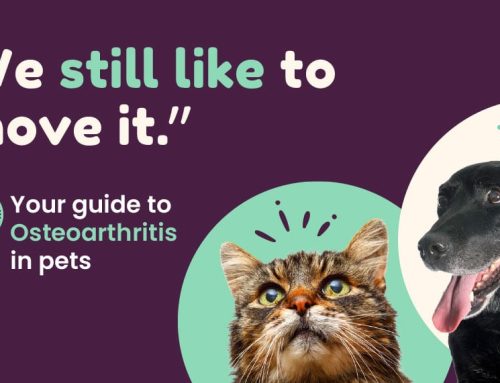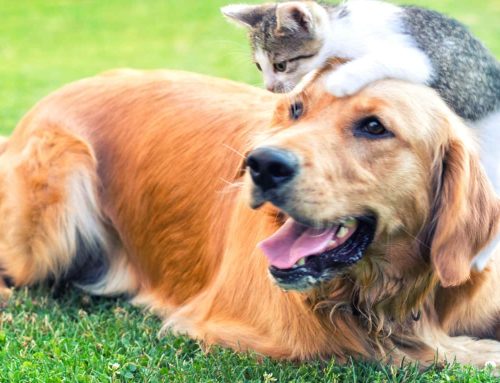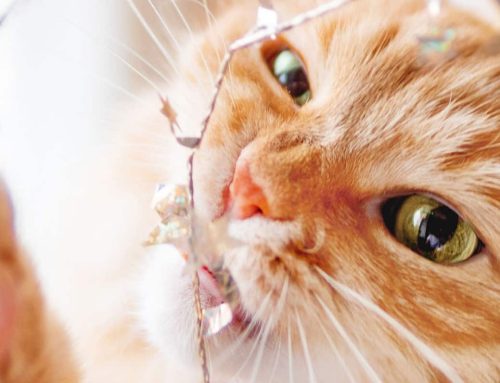Dental health is important to your pet’s overall well-being. When they have issues with their teeth and gums, it can lead to loss of appetite. It is highly recommended to get your pets’ teeth checked regularly.
Even before their annual dental check with the vet, we also recommend doing routine checks at home. Generally, teeth should be clean and white and gums should be firm and pink. Here are some things you need to watch out for:
- Bad breath
- Excessive drooling
- Inflammation or bleeding in the gums
- Pale gums (not the usual colour of their gums which could be salmon pink or black/pink)
- Soft gums
- Lumps or raised spots on the gums or tongue
- Yellow or brown discoloration on the teeth
- Hardy, sticky or scaly areas on the teeth
- Jagged or broken teeth
- Difficulty chewing
- Dropping food when trying to eat
- Being lethargic
- Losing weight drastically
- Pawing at the mouth
- Rubbing the face against the floor or furniture
All these are possible signs of mouth problems and need to be addressed immediately.
Keeping your pets’ teeth healthy does not have to be a huge challenge. Some pets will require regular brushing as part of their dental health routine. You can use a soft toothbrush and a toothpaste designed for pets (do not use human toothpaste!). Alternatively, you can use soft guaze or a cleaning cloth if you prefer this over a toothbrush. It is recommended to add brushing to their routine between two to three times a week. The earlier you start with this routine, the easier it will be for you. Rewarding them with praise, cuddles and dental treats can make brushing time fun for you and your pet.
A good diet is also essential to keeping their teeth healthy. Dry food is preferred over wet ones to promote chewing and biting. Instead of snacks, try giving them bones with a lot of muscle tissue and tendon, which has a flossing effect on teeth. Dried meats such as beef skin and rope chew toys are also great for keeping their teeth strong and clean.
Schedule your pets for their dental grading assessment even before problems start. Eight out of ten adult pets have periodontal disease which leads to infected gums, abscesses and loose teeth. If left untreated, it can cause bacteria to enter the blood stream and lead to other complications.
If you notice any change in behaviour related to eating, take them in for a check up right away. It may be rooted to dental health or other more serious diseases. Seeking veterinary help is a must.



